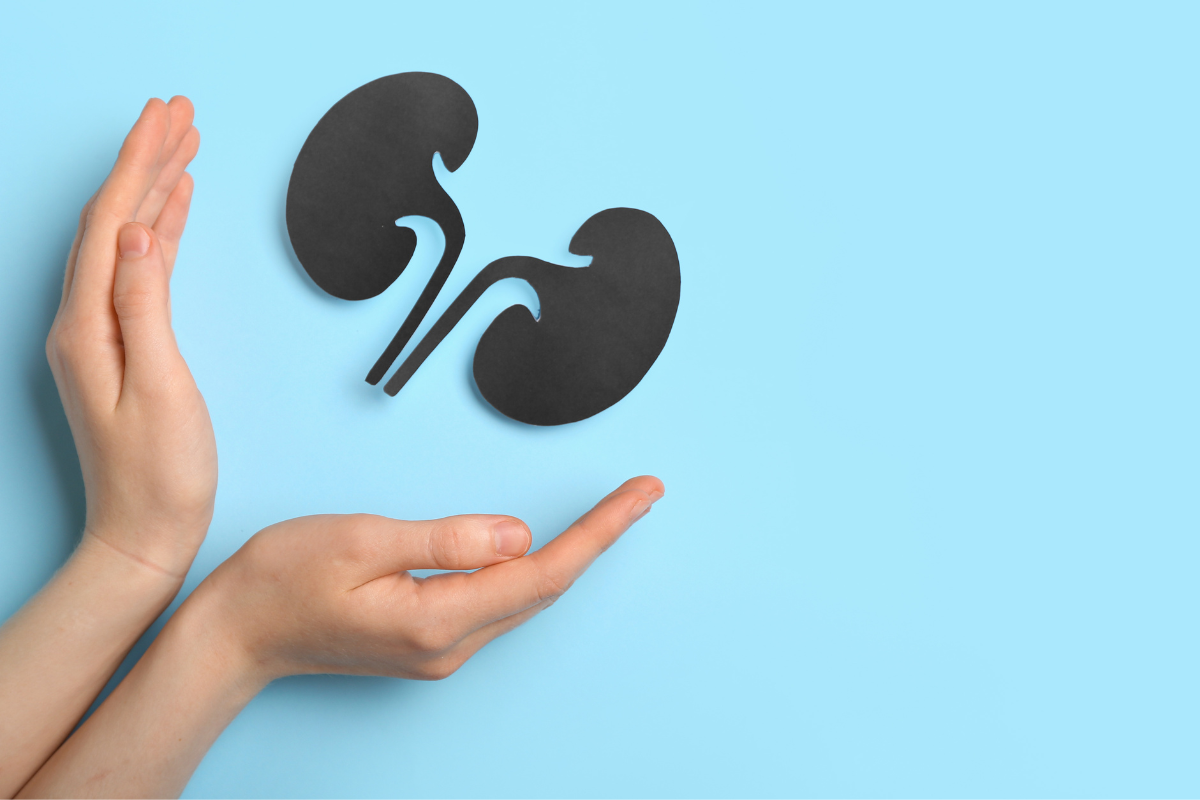- Anesthesiology
- Cardiology
- Dermatology
- Dialysis
- Endocrinology
- ENT
- Gastroenterology
- General medicine
- General surgery
- Gynaecology
- Infertility
- Intensive care
- Laparoscopic surgery
- Nephrology
- Neurology
- Obstetrics
- Oncology
- Orthopedics
- Pediatric
- Physiotherapy
- Plastic surgery
- Psychiatry
- Pulmonology
- Radiology
- Urology

The study of kidney illness and its treatment is known as nephrology. Nephrology also examines how the kidneys normally operate. The body's waste and extra water must be filtered out by the kidneys. Additionally, they are essential for maintaining fluid intake and electrolytes, which may be affected by a variety of diseases or medications.
Nephrology is concerned with the diagnosis and treatment of renal illnesses such as hypertension and electrolyte imbalances. Additionally, it offers care to people who need dialysis or a kidney transplant as well as other forms of renal replacement therapy.
Why choose Altor Hospitals for Nephrology
In order to give our patients with the greatest treatment experience possible, the Nephrology department at Altor Hospital has invested in state-of-the-art infrastructure, including a cutting-edge Dialysis division that offers intensive care unit haemodialysis, peritoneal dialysis, continuous low-efficiency dialysis, and plasmapheresis.
Our services in Nephrology
- Kidney stones
- Kidney failure
- Bladder cancer
- Prostate cancer
- Kidney cancer
- Chronic kidney disease
- Kidney infections
- Nephritis or Nephrotic syndrome
- Hydronephrosis
- Polycystic Kidney disease
Our treatments in Nephrology
- Nephrectomy
- Kidney transplant
- Dialysis
- Continuous Renal Replacement therapy
- Plasma dialysis
- MARS therapy
FAQs
Do kidney stones harm my kidneys, if I have them?
If kidney stones are left untreated, they may cause major side effects include kidney infection, an injury that could cause severe bleeding, and urine blockage. The majority of kidney stones, however, are too tiny to be treated and dissolve on their own.
Is renal failure manageable?
Several factors can lead to kidney failure. Kidney failure could be reversible, depending on what caused it in the first place.
What situations call for dialysis?
Your kidneys are in charge of producing urine, absorbing minerals, and filtering the blood in your body. Your kidney loses 85 to 90% of its functionality as a result of end-stage renal failure, necessitating dialysis, which helps remove waste, salt, and surplus water.
What is renal end-stage disease?
Chronic renal disease gradually lowers the kidney's capacity. End stage renal disease is when the kidney can no longer operate adequately or at all (10%), to the point where it can no longer supply the body's daily needs (ESRD).
